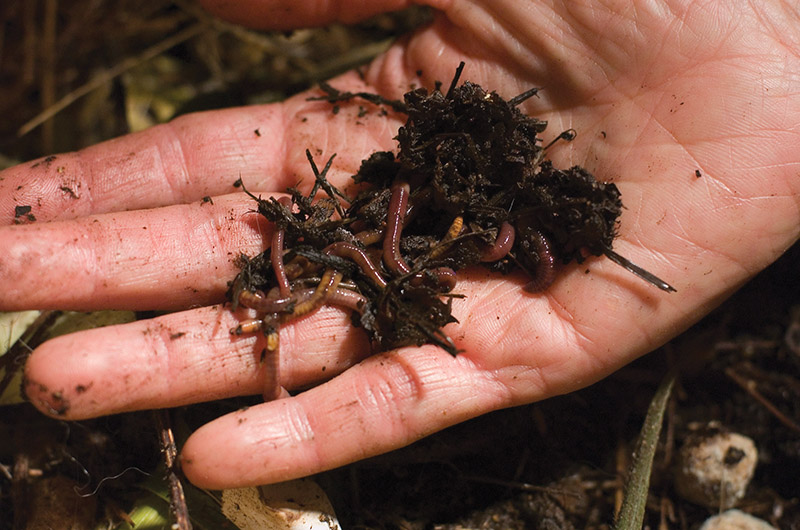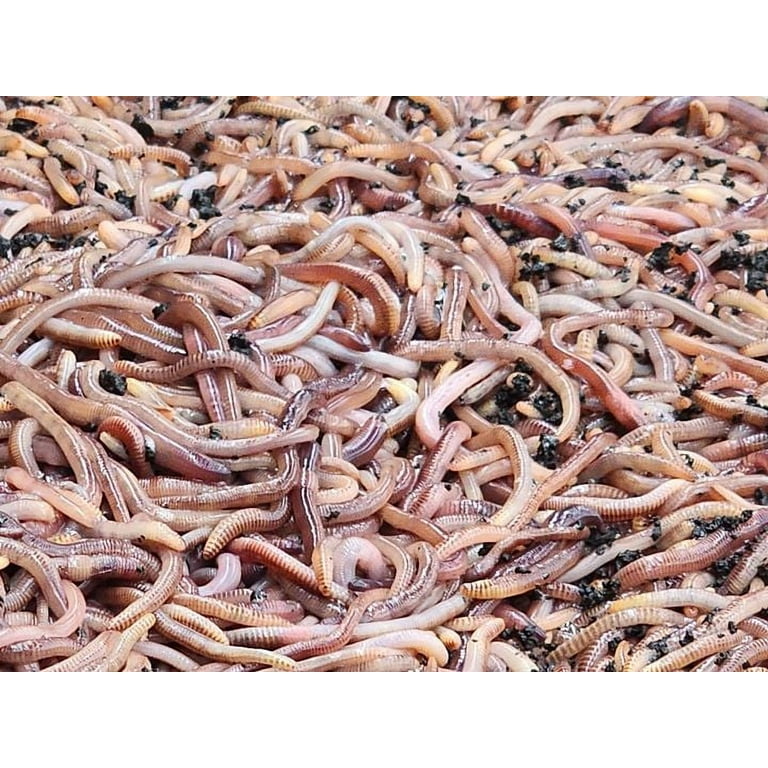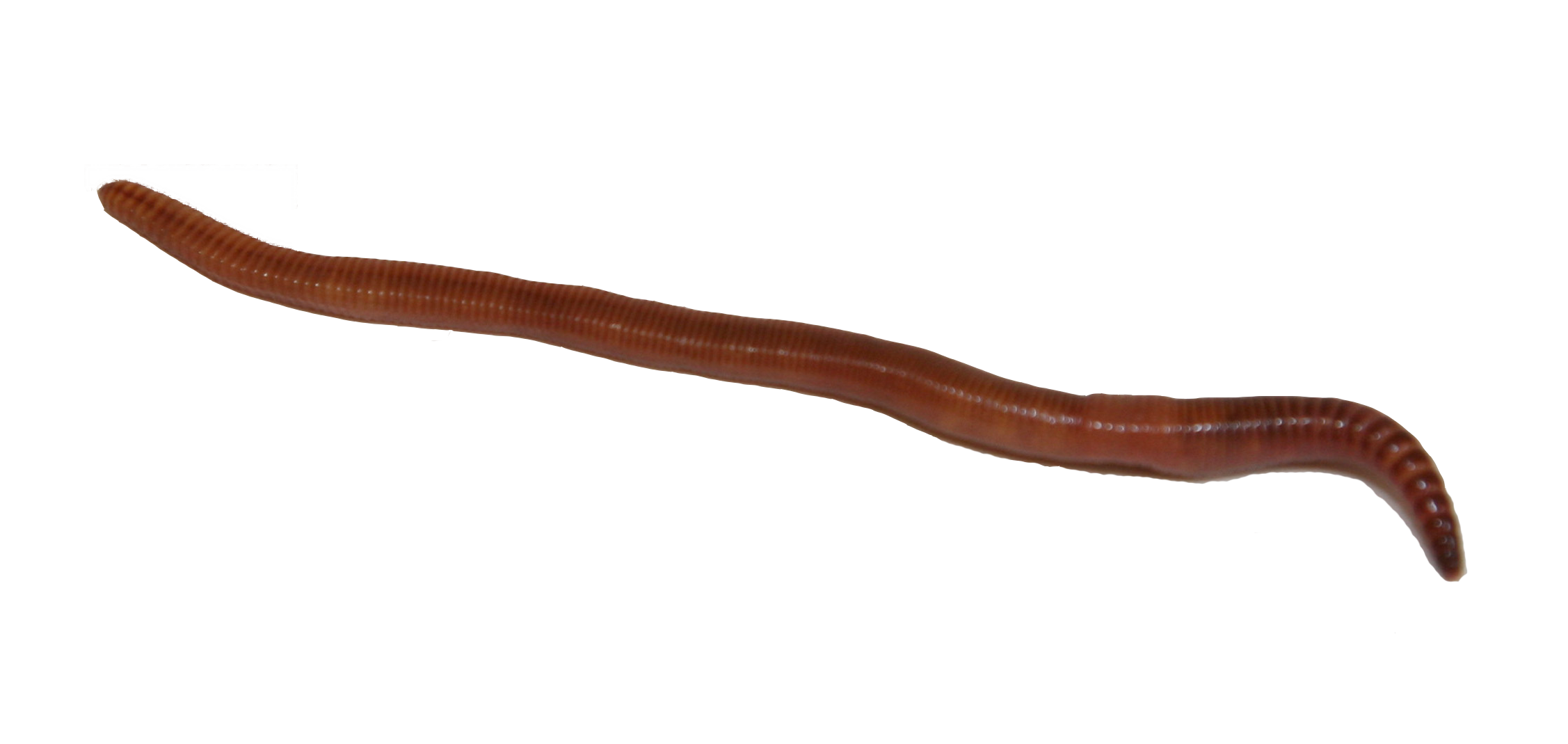Why Red Wigglers Are Essential for Chemical-free Farming
Red wigglers play an essential role in chemical-free farming, mainly with their one-of-a-kind capacity to disintegrate natural products and boost dirt health. Their task not just improves the dirt with essential nutrients but also fosters a thriving community crucial for lasting agriculture. The physical procedures they engage in, such as oygenation and dampness retention, add substantially to enhanced crop returns. The level of their influence on farming techniques and dirt biology increases interesting inquiries regarding the future of natural farming. red wigglers. What implications might this have for farming methods?
Duty of Red Wigglers in Dirt Health And Wellness

Additionally, red wigglers improve dirt framework by developing channels as they burrow. These channels improve aeration and water seepage, promoting a healthier origin setting. Their activity likewise assists in keeping optimal moisture degrees, which is vital for healthy plant growth.

Benefits of Worm Spreadings
Worm castings, the nutrient-rich excrement generated by red wigglers, serve as a powerful amendment for natural farming. These castings are teeming with important nutrients such as nitrogen, phosphorus, and potassium, which are vital for plant development. Unlike synthetic fertilizers, worm spreadings release nutrients gradually, offering a stable supply over time and minimizing the threat of nutrient leaching and overflow.
In addition, worm spreadings enhance soil structure and aeration, advertising much healthier root systems. Their high raw material web content improves dampness retention, enabling plants to better stand up to dry spell conditions. Furthermore, worm spreadings include useful microbes that sustain plant health by reducing microorganisms and boosting nutrient uptake.
The application of worm castings can cause increased crop yields and boosted top quality of produce, making them an invaluable resource for organic farmers. Their use likewise lines up with lasting farming techniques, contributing to soil fertility without the unfavorable environmental influences associated with chemical plant foods. Overall, the incorporation of worm spreadings into agricultural techniques fosters a much more resilient and efficient ecosystem, emphasizing the importance of red wigglers in natural farming systems.

Enhancing Nutrient Biking
(red wigglers for sale)Nutrient biking is a vital procedure in natural farming, and the integration of red wigglers plays an essential duty in improving this cycle. As red wigglers eat rotting natural issue, they excrete nutrient-rich castings, which are bursting with beneficial microorganisms.
Moreover, red wigglers assist to speed up the mineralization of nutrients, transforming them from inert kinds into check here bioavailable forms that plants can take in. This process is vital for keeping dirt fertility and promoting healthy and balanced plant development. The presence of red wigglers also encourages a varied dirt community, promoting an equilibrium of nutrients that sustains different plant types.
Improving Dirt Framework
The enhancement of soil structure is crucial for fostering a healthy agricultural ecosystem, and the task of red wigglers substantially contributes to this improvement. These earthworms play a vital function in aerating the soil and creating a network of channels that facilitate water seepage and origin penetration. As they delve with the dirt, red wigglers separate compacted layers, enabling much better oxygen exchange and advertising microbial activity.
In addition, the raw material generated from their waste, known as vermicast, enhances dirt gathering. This procedure develops secure globs of soil fragments, improving dirt porosity and reducing erosion (red wigglers). The presence of red wigglers additionally urges the advancement of useful fungal networks, which are important for nutrient uptake by plants
Supporting Sustainable Practices
Integrating red wigglers into chemical-free farming methods not only boosts dirt health and wellness but likewise advertises sustainable agricultural approaches. These earthworms play a crucial role in vitamins and mineral cycling, changing natural waste into valuable garden compost that enhances the dirt. By using red wigglers, farmers can efficiently reduce dependence on artificial plant foods, consequently reducing chemical overflow and its destructive results on ecological communities.
Moreover, the unification of red wigglers urges the practice of recycling natural materials, such as cooking area scraps and farm waste. This waste decrease technique not just reduces disposal costs yet also cultivates a closed-loop system where nutrients are continuously gone back to the soil (red wigglers). Such methods are crucial in alleviating environment change, as they boost carbon sequestration and reduce greenhouse gas discharges
In addition, red wigglers improve water retention in the dirt, which is crucial in times of drought. Their burrowing tasks create channels that permit water to penetrate deeper right into the ground, hence promoting reliable water use. Eventually, incorporating red wigglers right into natural farming not only supports biodiversity but likewise aligns with the principles of lasting farming, offering a holistic technique to food manufacturing.
Conclusion
In conclusion, red wigglers play an essential role in organic farming by significantly enhancing dirt wellness and fertility. Thus, the integration of red wigglers right into farming practices is essential for advertising sustainability and boosting general soil high quality.